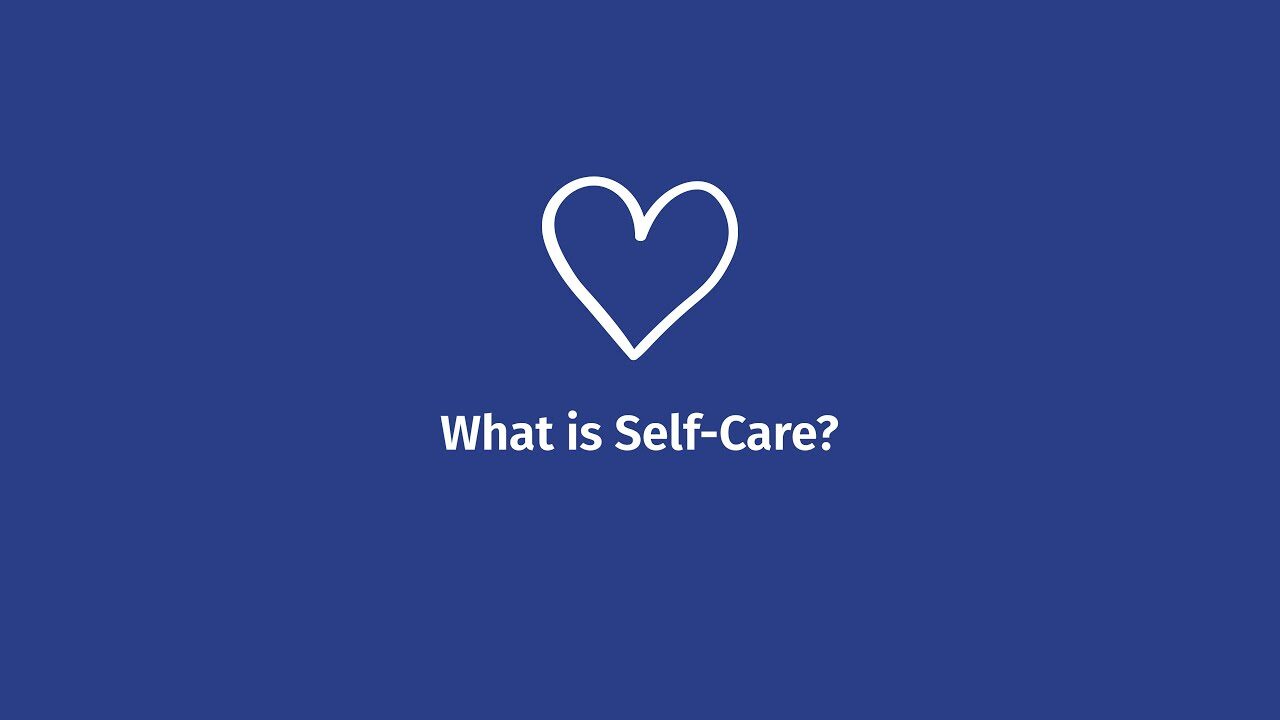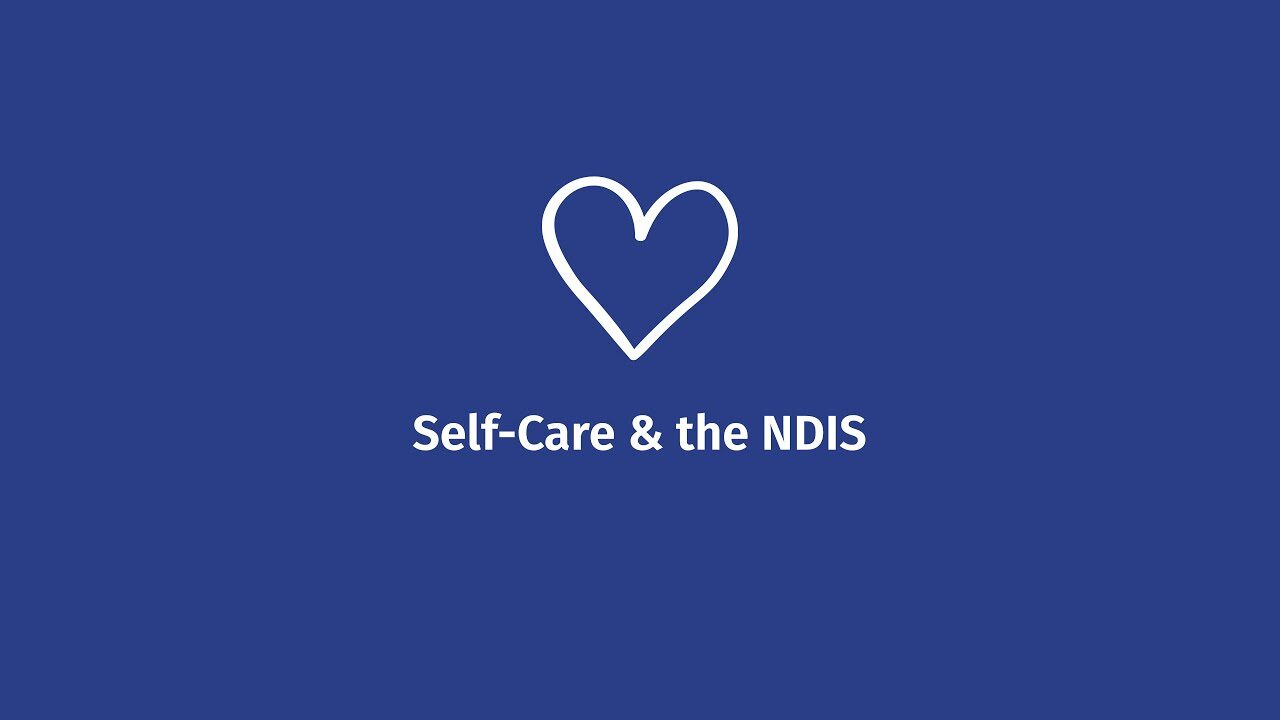Self-care
When you do things to look after yourself this is called self-care.
Self-care can be as simple as spending time doing things you like. They help you feel happy and relaxed.

Disabled young people answer: What is self-care?
In this 4 minute video disabled young people talk about what self-care means to them.

Getting NDIS support with self-care
There are many ways that the NDIS can support you with self-care.
In this 4 minute video disabled young people talk about how the NDIS supports them with self-care.
Self-care at home
There’s lots of things you can do as self-care at home.
For example:
- Reading a book
- Watching Netflix
- Colouring
- Playing board games and video games
- Art
Spending time in nature
Research shows that spending time outdoors in nature is good for your health and helps you relax. There are lots of self-care activities you can do outdoors. For example:
- Playing sport
- Going for a walk or bike ride
- Reading a book in your backyard
- Playing with your dog
- Going to the park
There are lots of ways to bring nature indoors too. For example:
- Have indoor plants
- Make sure you have enough natural light
- Open your windows to let fresh air in
Exercise
Exercise helps you stay healthy. There are lots of ways to exercise including going for a walk or going to the gym. There are free workout videos on YouTube so you can even exercise at home.
The NDIS can support you to exercise and stay healthy if that is your goal. For example, the NDIS may pay for:
- Adapted sports equipment
- A support worker to go to the gym with you
- Physiotherapy sessions
- You to try out a new sport
For example, Luke is a wheelchair user and loves sport. His goal was to try adapted skiing, so he could use his NDIS money to hire the adapted equipment he needed.
Healthy eating
Eating healthy food is a form of self-care. The NDIS can support you to eat healthily if that is your goal. For example, the NDIS may pay for:
- Cooking classes
- A support worker to help you prepare meals
- Healthy meals delivered to your house
- You to see a dietitian
Looking after your mental health
Looking after your mental health and how you feel is important.
Sometimes you may feel sad, worried or angry. You may not want to do the things you normally like doing. You may feel overwhelmed like everything is just too much.
There is nothing wrong with feeling this way. Lots of people can feel this way.
It is important to understand how you are feeling and what you can do to feel better.
Staying connected
Spending time with people who make you happy is important for self-care.
You can meet up with your friends in person, FaceTime, or chat to them on social media. It is important to feel connected and part of a community.
The NDIS can support you to meet new people and stay connected if that is your goal. For example, the NDIS may pay for:
- You to attend clubs and meet new friends
- A support worker to do fun activities with you
Save your answers
Make sure you save your answers now so that you can move to the next topic.
IMPORTANT: Your answers will not be saved anywhere unless you save them.
Use the options to print or email your answers – check your spam folder if you don’t receive the email straight to your inbox.
You can also screenshot your answers.
How to take a screenshotCongratulations!
You have reached the end of Self-care. Once you have saved your answers, you can move onto the last step.
